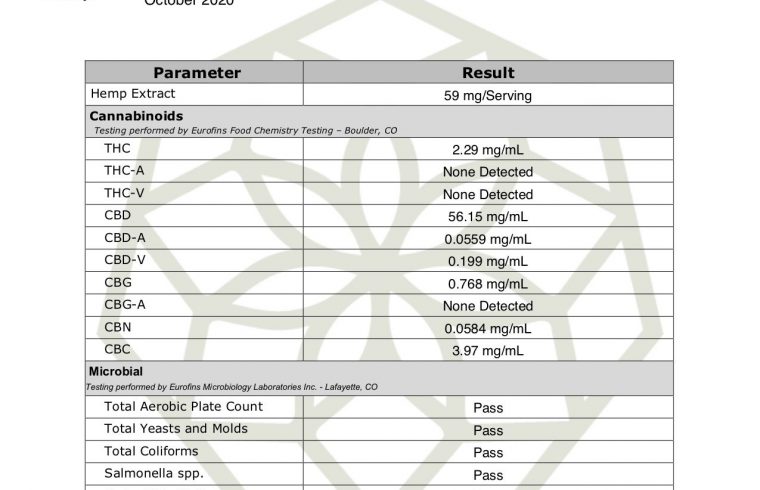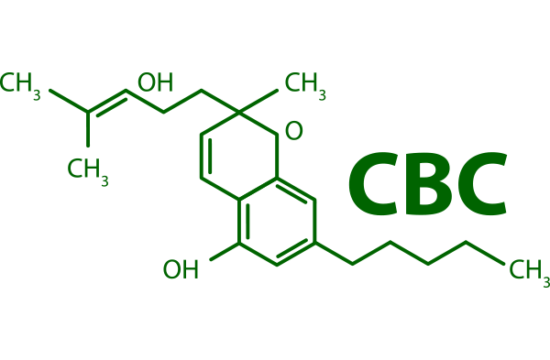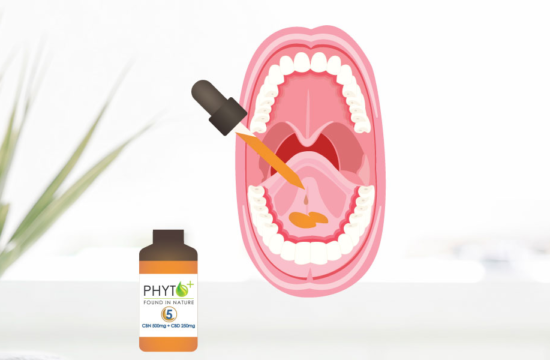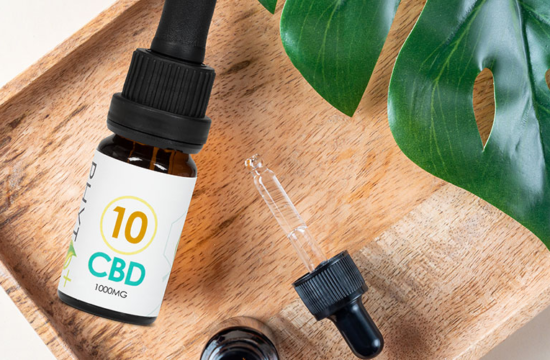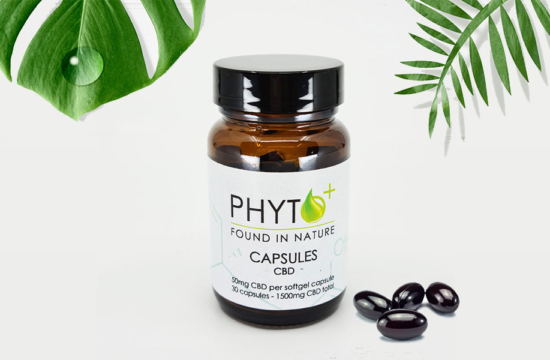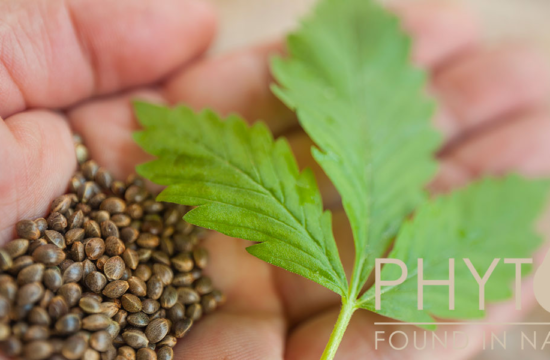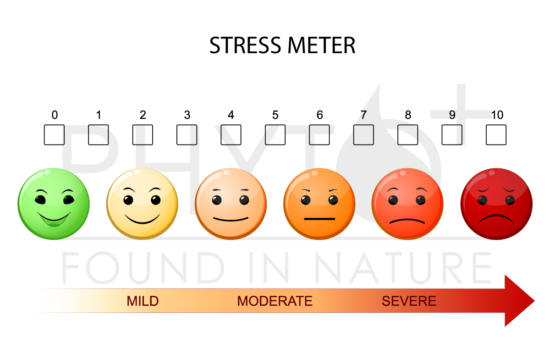If you watched Dr. Sanjay Gupta’s Weed 5: The CBD Craze, you might have heard new language around quality standards as it relates to the CBD industry. Dr. Gupta explored the CBD industry today and shared some crucial information – including how important it is that consumers educate themselves about how to identify quality CBD while regulation evolves.
This has been a core tenet of ours since we started our company many years ago; to do what is right for our family of customers. That means continually ensuring we’re best in class and establishing standards more stringent that the industry requires of us. Earlier this year the U.S. Hemp Authority announced their U.S. Hemp Authority™ certification program. The U.S. Hemp Authority explains:
This is an initiative to provide high standards, best practices and self-regulation, giving confidence to consumers and law enforcement that hemp products are safe and legal. It is an effort funded by the U.S. Hemp Roundtable and joined by organizations such as the Hemp Industries Association, industry-leading firms, top-tier testing laboratories and quality assessors who developed comprehensive guidance for growers and processors of hemp.
Dr. Gupta and the experts he interviewed from Consumer Reports and academic institutions suggested requesting a Certificate of Analysis (COA) from a third-party source for all CBD products you intend to consume. We agree! These tests are incredibly important because hemp is a remediation crop meaning anything that touches the crop has the potential to appear in final products produced from the crop. Consider this: if harmful pesticides, herbicides and fungicides are used in vicinity of hemp cultivation, like glyphosate, your CBD oil could have residual chemicals in it.
Similarly, heavy metals in the soil can end up in CBD products if the soil in which they’re planted isn’t clear of heavy metals. Our dedicated team of botanists, farmers and chemists test the soil and water long before our plants are put in the ground. Then, we hand-tend the fields to control damaging weeds using the best tools we know of – hands and hoes.
Charlotte’s Web is the industry leader because we go far above industry standards, and that is reflected in our dedication to making quality products that produce consistent results. To that end, over 50 percent of Charlotte’s Web cultivation fields are in process of being certified organic by USDA recognized agencies, and are expected to receive this designation for the 2019 harvest. The remaining fields are transitioning to organic certification. We don’t use chemical pesticides or herbicides on our plants and in accordance with current good manufacturing practices (cGMP), we perform a full battery of tests including microbiological contamination, heavy metals, potency, residual solvents. This includes a 60+ panel of testing for pesticides and herbicides, including glyphosate. For consumers, Charlotte’s Web offers a COA for cannabinoid potency that supports our label information. Lastly, Charlotte’s Web does not use GMOs in any of its ingredients or extraction processes. All of our manufacturing processes and facilities are third-party verified for compliance with current Good Manufacturing Practices.
When you open a COA, you’re going to see a lot of information. Let’s start at the top:
1. Cannabinoids: These are the naturally occurring compounds found primarily in the flowers and leaves of the hemp plant and in hemp extracts that consumers are seeking today for their health and wellness benefits. As such, CBD is the star of the COA. Know that a small amount of THC occurs naturally in hemp, but per the 2018 Farm Bill for hemp to be sold in all 50 states, hemp must contain not more than 0.3% THC on a dry weight basis. Other cannabinoids, such as CBG, CBN and CBC, are also in our products and a COA will tell you exactly how much.
2. Microbial: This test ensures that the products you’re consuming don’t have microbiological contamination such as salmonella, yeast and molds. All of these may be present in a product created from plants – but you don’t want these things in something you’re using every single day.
3. Residual Solvents and Heavy Metals: Lead, methyl mercury and arsenic are not listed on any ingredient panel for a reason – you don’t want to ingest them. But many hemp-derived CBD products don’t pass tests for these things because of the soil they were grown in. Consider this: hemp plants were used to help clean up the soil around Chernobyl. You wouldn’t want to consume a hemp extract from Chernobyl hemp as its job was to pull toxins out of the soil. Our hemp, on the other hand, is grown on U.S. family farms only after extensive soil and water source testing.
4. Pesticides: We understand that pesticides are a part of modern agriculture. But they aren’t a part of what you want to be consuming each day if you can avoid it. As we explained earlier, anything you spray on a hemp plant will show up in a hemp extract – which CBD is extracted from.


We understand that our CBD products are premium. But we stand behind every single bottle we sell because we’ve tested it to ensure it contains the amount of CBD you’re paying for. The third-party labs where our products are tested are all listed on the COAs. We believe that our family of customers deserves that kind of transparency.
If you would like to see the batch results for a product you purchased, visit our Batch Results page or to secure the full COA contact our Boulder-based customer care team – we’re here to help.


